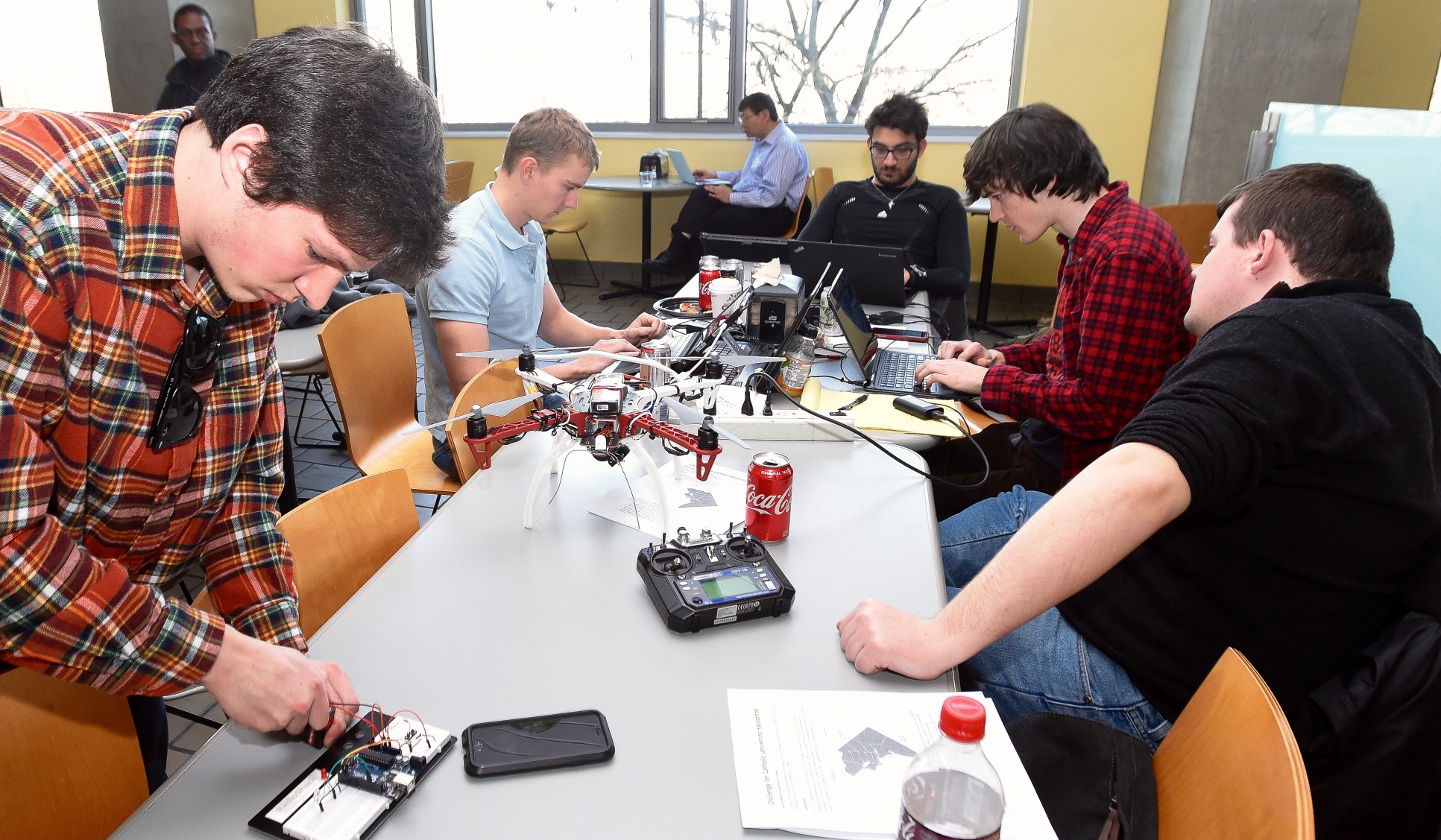Graduate Courses by Topic
Graduate students in Electrical Engineering and Computer Science can choose advanced courses in a variety of topic areas.
Learn More
Statistical and visual data analysis; Bayesian decision theory; density estimation; classifiers; dimensionality reduction; feature extraction; feature selection; clustering; and database design. Applications include quantitative image analysis, dynamic computing environments, quality assurance in software, and bioinformatics.
Visualization, computer graphics, medical image processing and analysis, minimally invasive image-guided system, image registration, and bioinformatics.
patterns recognition, data mining, bioinformatics, medical imaging and image processing, biomedical instrumentation
Enhance automation in motion planning and provide assistance in human-machine cooperative tasks in complex domains such as robotic-assisted surgery, robot manipulation, mobile robotics, and air-traffic control.
Apply such tools as cryptography and statistics to solve security and privacy issues in wireless networks, and also to enhance network security, system and web security, networking and network management.
Develop innovative computing architectures and expand the potential uses of reconfigurable systems, hardware acceleration, and heterogeneous architectures in general. It is paramount that a unified view of the hardware resources be provided independently of their type. This would facilitate ease-of-use, portability and hence the wide adoption of these promising technologies.

Graduate students in Electrical Engineering and Computer Science can choose advanced courses in a variety of topic areas.
Learn More